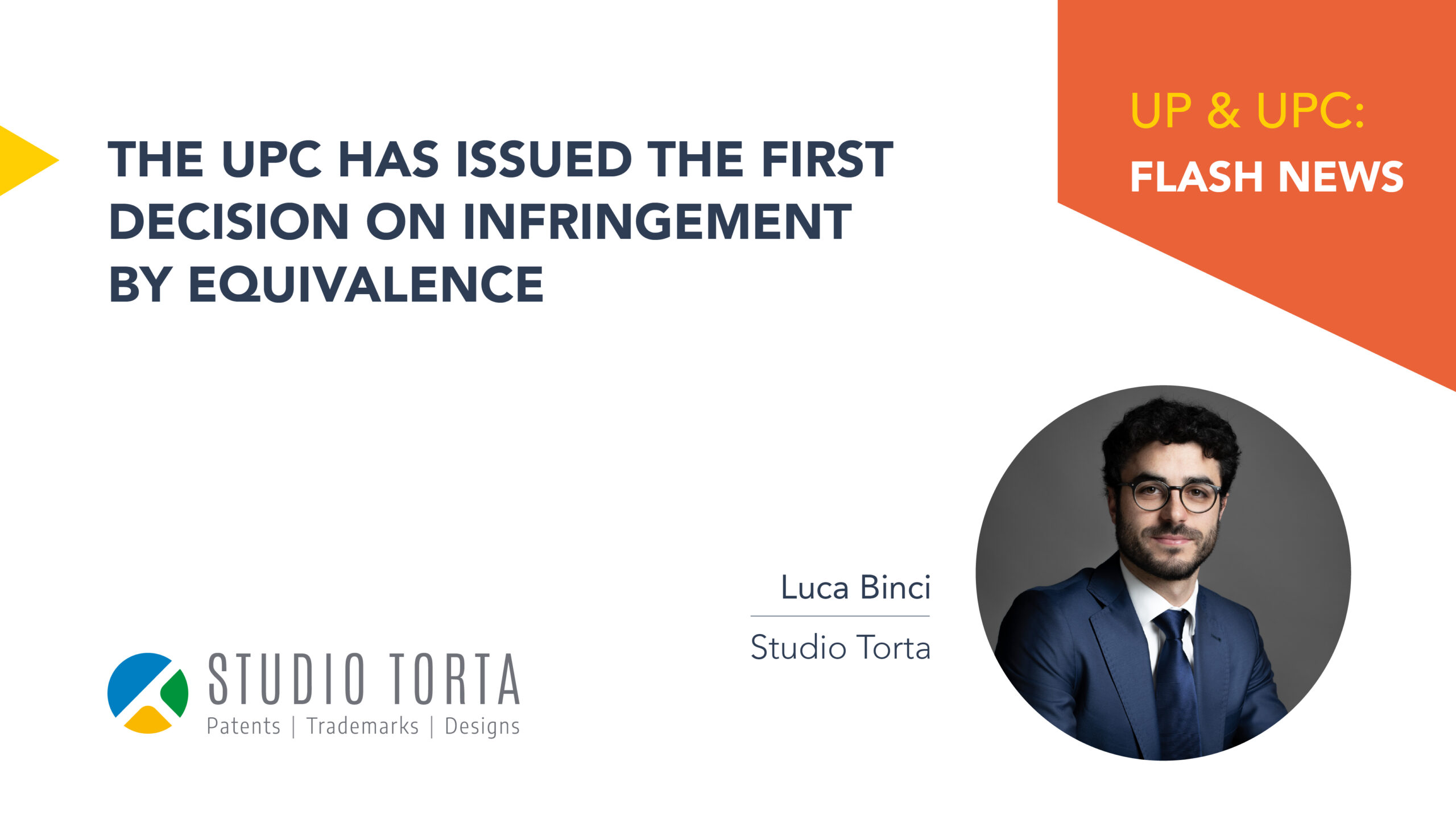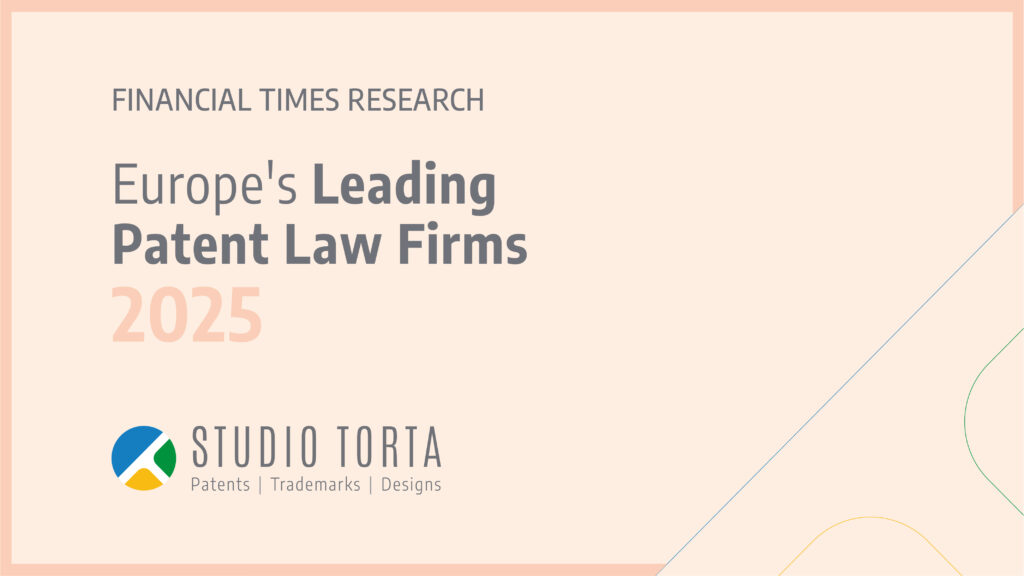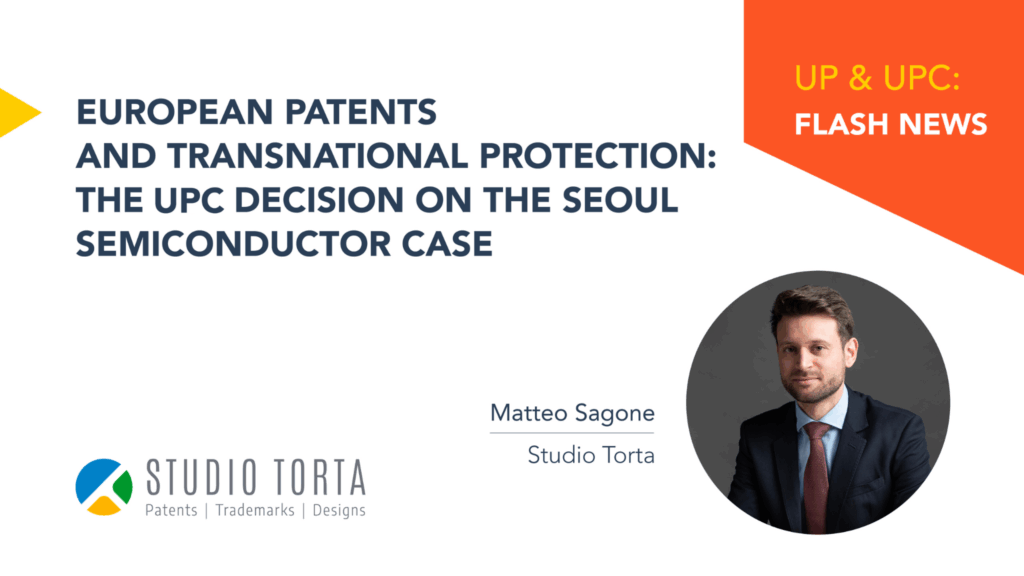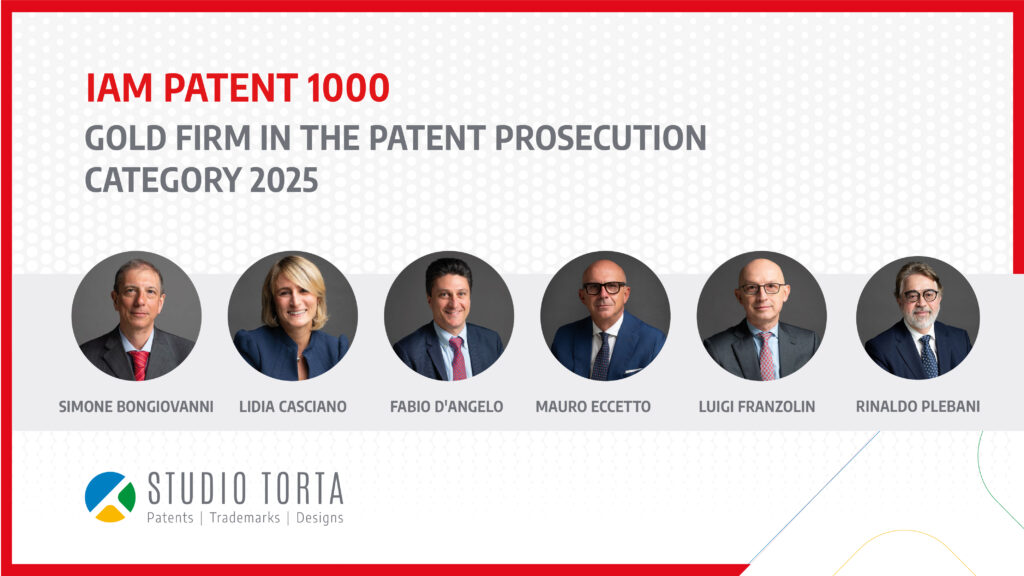The UPC has issued the first decision on infringement by equivalence
The Court of First Instance of the Hague Local Division has adopted a four-step test and found infringement by equivalence of the European Patent EP2137782 in the Plant-e Knowledge vs Arkyne Technologies case (UPC_CFI_239/2023).
The patent in suit describes a method of generating electricity using a plant-microbial fuel cell (PMFC) that leverages compounds released by the roots of a plant as fuel. On the contrary, prior art microbial fuel cells rely on feedstock fuels such as glucose. The Court of First Instance has confirmed validity of the patent and assessed infringement. As a side note, it is interesting to note that the Court has used the problem-solution approach, typical of the European Patent Office, for assessing inventive step of the patent in suit.
Regarding infringement, the Court has excluded literal infringement since the alleged infringed product of the defendant differed from the patented invention in the position of the roots of the plant.
Then, the Court moved to the evaluation of infringement by equivalence. In this regard, the Court adopted a four-step test formed by the following questions:
- Technical equivalence: does the variation solve (essentially) the same problem that the patented invention solves and performs (essentially) the same function in this context?
- Is extending the protection of the claim to the equivalent proportionate to a fair protection for the patentee in view of his contribution to the art and is it obvious to the skilled person from the patent publication how to apply the equivalent element (at the time of infringement)?
- Reasonable legal certainty for third parties: does the skilled person understand from the patent that the scope of the invention is broader than what is claimed literally?
- Is the allegedly infringing product novel and inventive over the prior art? (i.e. no successful Gillette/Formstein defence).
The Court has answered affirmatively to all the four questions and therefore found infringement by equivalence of the patent in suit. In using this four-step test, the Court commented that in absence of guidance on the specific test to be used, the applied test is based on “various national jurisdictions”. However, the test used by the Court largely mirrors the test adopted by a Dutch national Court of Appeal in the “Eli Lilly/Fresenius” case and no details are provided regarding the approaches of other jurisdictions.
While recognizing that other local divisions may explore alternative approaches to evaluate infringement by equivalence, this first decision serves as a foundation for the evolving body of case law on this complex issue within the Unified Patent Court.




